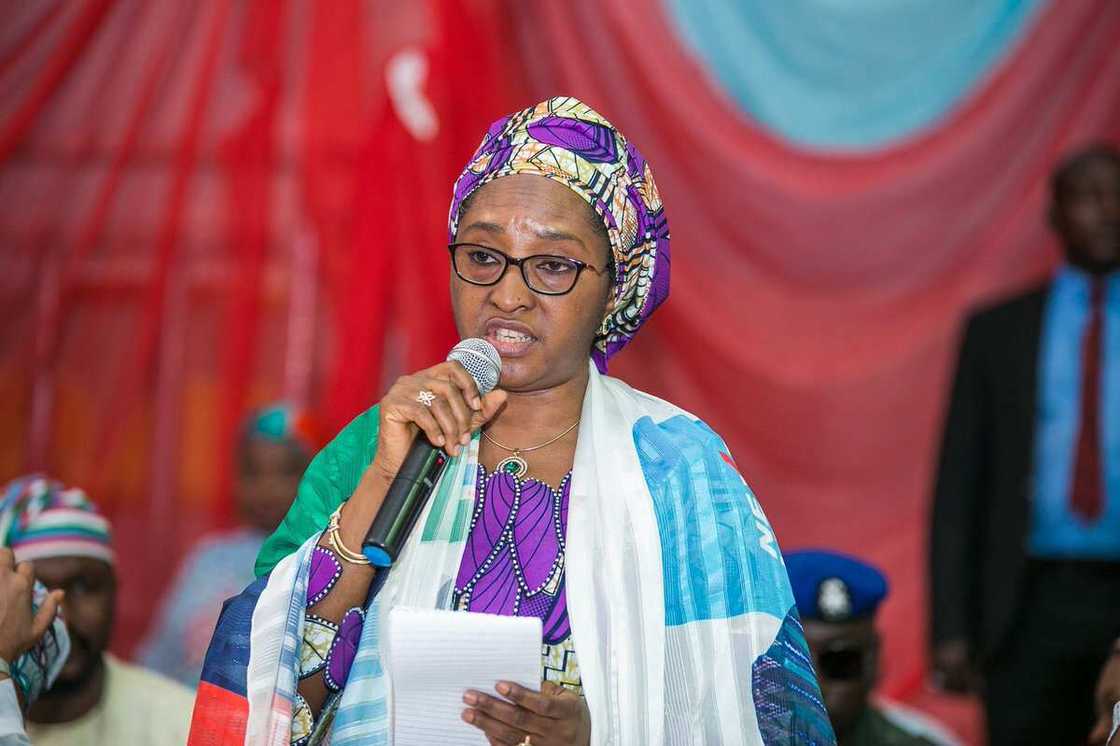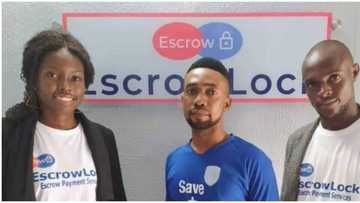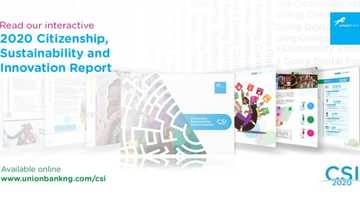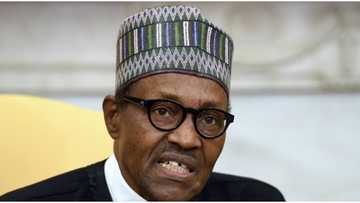Good News As World Bank Approves $700 Million Credit for Nigeria
- The federal government is set to benefit from a $700 million credit facility approved for the country by the World Bank
- According to a statement by the bank, the credit would provide six million people with basic drinking water services
- The bank further stated that the programme would support NAP and the ‘Clean Nigeria; Use the Toilet’ campaign
PAY ATTENTION: Join Legit.ng Telegram channel! Never miss important updates!
The World Bank has approved a $700 million dollar for the Nigeria Sustainable Urban and Rural Water Supply, Sanitation and Hygiene Programme (SURWASH).
The apex bank made the announcement in a statement on its website in Washington D. C. on Thursday, May 27.

Source: Twitter
Legit.ng gathered that the credit would provide six million people with basic drinking water services and 1.4 million people access to improved sanitation services.
According to the report, it would also deliver improved Water Sanitation and Hygiene (WASH) services to 2,000 schools and Health Care Facilities and assist 500 communities to achieve open defecation-free status.
These would be implemented as part of the federal government’s National Action Plan (NAP) for the revitalisation of Nigeria’s water supply, sanitation, and hygiene sector.
The statement read:
“In 2019, approximately 60 million Nigerians were living without access to basic drinking water services, 80 million without access to improved sanitation facilities and 167 million without access to a basic handwashing facility.
“In rural areas, 39% of households lack access to at least, basic water supply services, while only half have access to improved sanitation and almost a third (29%) practice open defecation, a fraction that has marginally changed since 1990."
The bank, however, said in recent years, the federal government had strengthened its commitment toward improving access to WASH services, spurred on by the need for Nigeria’s WASH sector to catch up with its regional counterparts.
This, it said, led to the government declaring a state of emergency in 2018 and launching NAP aimed at ensuring universal access to sustainable and safely managed WASH services by 2030, commensurate with the Sustainable Development Goals (SDGs).
It also said the programme would support NAP which was a 13-year strategy prioritising action within three phases.
World Bank loan will influence key human capital outcomes
The report also said that the World Bank country director for Nigeria, Shubham Chaudhuri, noted the programme’s centrality to the human capital agenda and its potential to influence key human capital outcomes could not be overemphasised.
He said this was because access to WASH was an important determinant of human capital outcomes, including early childhood survival, nutrition, health, learning and women’s empowerment, all of which in turn affected labour productivity and efficiency.
The SURWASH programme is performance-based and participation is open to all states in Nigeria based on their commitment to specific reforms in the sector.
PAY ATTENTION: Install our latest app for Android, read the best news on Nigeria’s #1 news app
More loans for African countries
Meanwhile, Legit.ng had previously reported that Micro and small businesses in Nigeria and other African countries will be getting $2 billion from the International Finance Corporation (IFC).
It was reported that the Managing Director of IFC, Makhtar Diop, said funding of African small businesses is necessary for the long-term recovery of the region's economy.
Diop added that ensuring trade continues without interruption, the creditor must expand and adapt its financing for MSMEs.
Source: Legit.ng





